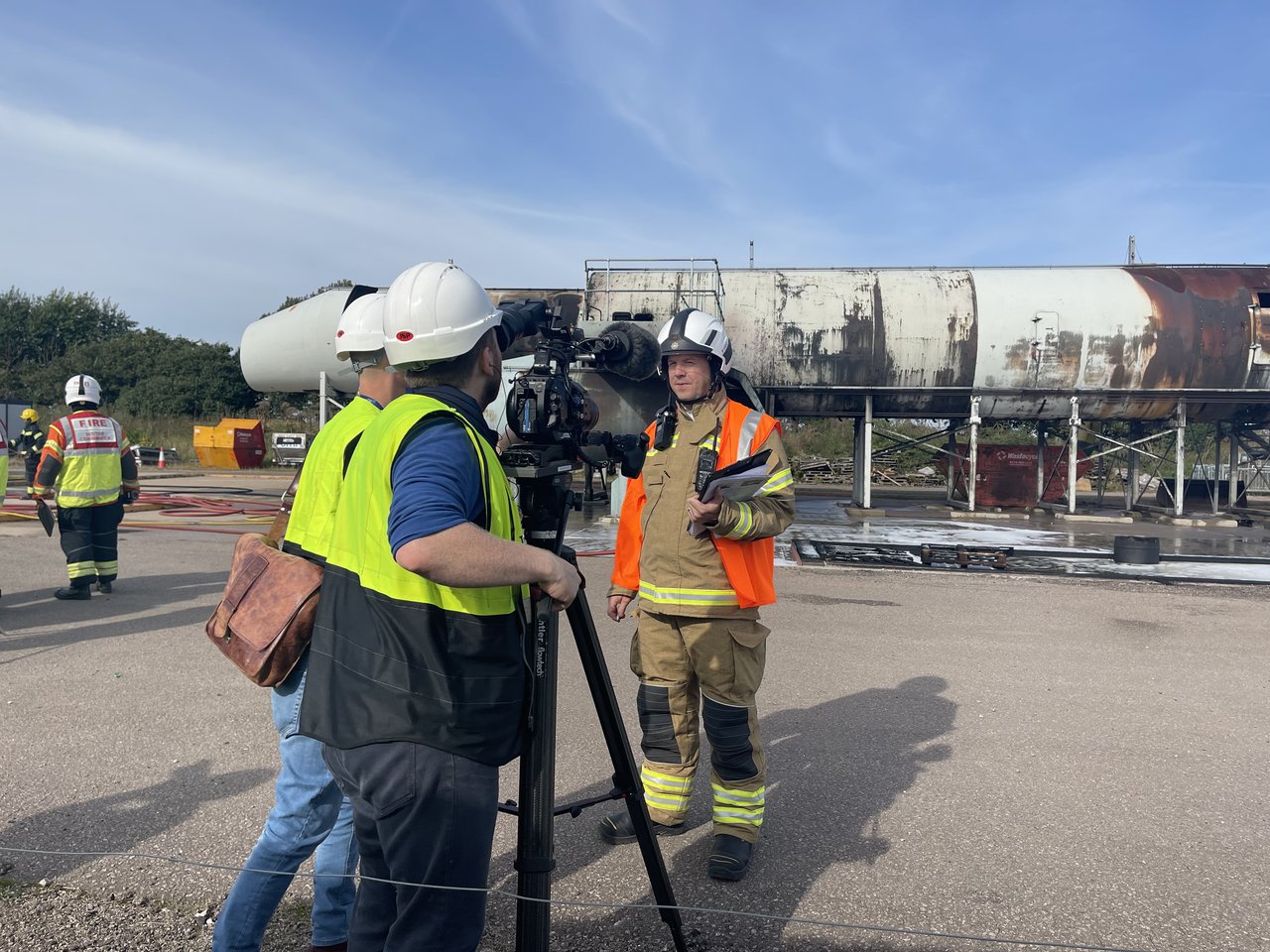Supporting The Y: Our 2024 charity of the year

We’re extremely proud to be a supporter of The Y, a Leicester-based charity who provide the city’s …

From engaging with your audience to spreading important news, your comms team is crucial in keeping things running smoothly. Sophie, our communications lead, shares some of the misconceptions she's encountered in her career, and explains why they're misguided.
Sitting in my university house in 2013, I was battling with the stark realisation I’d been holding back for some months - university just wasn’t for me. It wasn’t anyone’s fault, I loved my course, my course mates and my housemates, but it just wasn’t the place for me. So, I took the bold move to drop out. I was looking for jobs straight away. I’ve always been great at two things - writing and talking to people - and I knew I wanted to work somewhere where I could capitalise on those skills.
I landed my first full-time ‘big girl’ job as a Marketing Copywriter in the private sector, and spent my days writing engaging product descriptions for items sold by the company on Amazon, being a chair of the social committee and running the social media channels. I also undertook a workplace City & Guilds qualification in Digital Marketing.
After two and a half years, I was hungry for more responsibility, and I left for the start of my official Communications career. Spending the next three years(ish) as a Communications Officer for the NHS was great fun, but I started to see the way the job can be perceived by others, an issue which I’ve been passionate about challenging ever since.
“Can you pretty up this poster, please?” “Can you sprinkle some fairy dust on this?” I would hear, as I was sent a long email chain about a topic I had no experience or expertise in. ‘“Are you here to send a tweet?” I would be asked, when I was attending any organisational events. 99% of the time, people didn’t mean any harm, but this was the start of me realising I loved a career which other people thought was, for lack of a better word, ‘fluffy’.
In 2020, I became Corporate Communications Manager for the fire service. Over three years, I proudly led my brilliant little team to deliver all sorts, from the delivery of campaigns to major incident responses. My peers understood the value of communications, and we really ‘had a seat at the table’, which is always great to see.
The issue here actually came from the other side - members of the public. When advertising for communications roles, we’d receive comments on social media questioning “Why does a fire service need a communications team?”
I typed out a polite response - with statistics - to show some of the fantastic things our team delivered that year. The TikTok channel we started? You may think it’s a joke, but our 12k followers liked it - including the girl who saw our videos about smoke alarms and messaged us to say her parents didn’t have any because they were ‘too expensive’. This led to us fitting some for them for free.

Now, I lead on Crisis Communications here at Rock Kitchen Harris. I know that as I continue in my career, I will no doubt experience more suggestions that Communications is a ‘fluffy’ role, and something which is “nice to do”. Here’s my advice to anyone who thinks this:
I’ll stay hopeful for a mindset shift, which moves communications into a more respected position. I know this is the case in loads of workplaces, and I have had some brilliant experiences. Here at RKH, Communications sits as a valued part of the PR team, and works as a core function to support clients with delivering impactful messaging for all audiences.
But in the meantime, I will keep preaching, and encourage everyone to support their peers in Communications, and maybe try to avoid using the words ‘fluff’ or ‘sparkle’ in any emails you send to them.
We've decades of experience providing PR services for our clients, from long-term B2B and B2C campaigns to effective crisis communications at a moment's notice.
Find out more